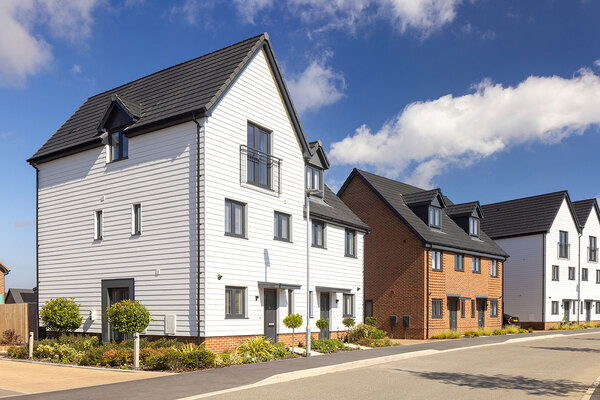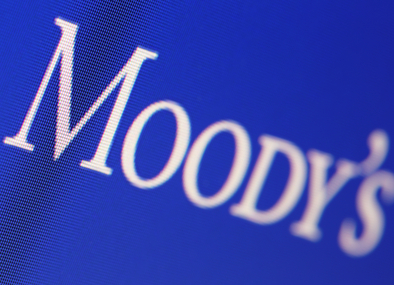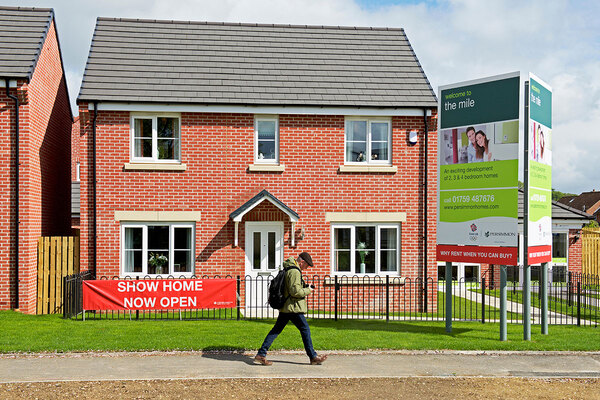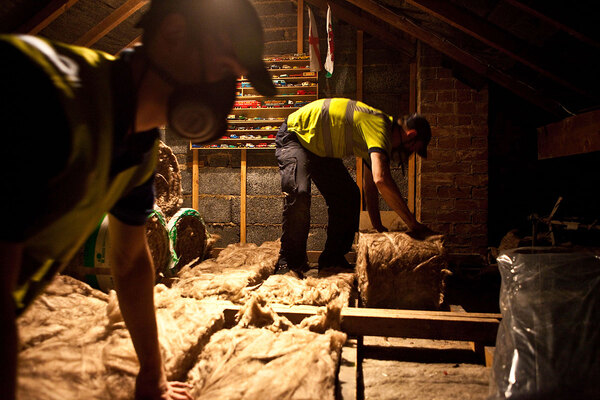For-profit backed by institutional investment giant gets top grades after first regulatory assessment
Legal & General’s affordable-housing arm has received top grades from the Regulator of Social Housing (RSH) after its first in-depth assessment (IDA).
The regulator graded L&G Affordable Homes (LGAH) V1 for viability and G1 for governance after getting assurance it complies with both elements of the Governance and Financial Viability Standard.
The for-profit provider, which was launched by investment giant L&G in 2018, let its first properties in late 2019.
In the judgement, the regulator said LGAH’s “financial plans are consistent with, and support, its financial strategy”, based on evidence gained from the IDA.
“The provider has an adequately funded business plan, sufficient security in place, and is forecast to continue to meet its financial covenants under a wide range of adverse scenarios,” it said.
According to the judgement, LGAH is protected from some financial risks “through its intergroup arrangements”, meaning it purchases properties at a fixed cost based on an independent valuation and benefits from protections that cap losses from void properties.
The for-profit also gets a significant amount of its funding by way of equity investment from L&G, rather than borrowing.
“The capital structure of LGAH, with a significant proportion of its funding provided by way of equity investment from its parent rather than debt finance, provides assurance that it can maintain its financial viability without putting social housing assets at undue risk,” the RSH said.
It said LGAH monitored, reported on and complied with its loan covenants.
According to the judgement, the RSH has assurance that LGAH’s governance arrangements enable it to “adequately control the organisation and to continue to meet its objectives”.
“LGAH is a subsidiary organisation within a group of companies.
“Its governance framework establishes clear roles and responsibilities for its board and contains appropriate probity arrangements.
“LGAH can demonstrate that it has taken steps to ensure that the arrangements it has entered into do not inappropriately advance the interests of third parties,” it said.
Ben Denton, chief executive of LGAH, said: “We are pleased with the Regulator of Social Housing’s rating of LGAH.
“We look forward to continuing to work with the sector to address current and future societal challenges - growing the choice, quality and sustainability of affordable housing.”
In another regulatory judgement published today, the RSH downgraded One Manchester housing association from V1 to V2 in its financial viability metric.
One Manchester retained its top grade of G1 for governance.
Based on evidence gained from a stability check and through reactive engagement, the regulator said it had assurance that One Manchester continued to comply with the financial viability elements of the Governance and Financial Viability Standard.
It concluded that One Manchester had an adequately funded business plan, sufficient security in place, and was forecast to continue to meet its financial covenants under a reasonable range of scenarios.
But it said: “One Manchester is significantly increasing its investment in its existing homes.
“This increase, coupled with economic uncertainty in relation to inflation, interest rates and rent increases, means that One Manchester has weakened interest cover ratios and reduced capacity to respond to adverse events.”
The 12,000-home association joins a host of social landlords being downgraded for viability amid a challenging economic climate.
In November, the RSH revealed that 19 housing associations had been downgraded for viability, with 15 more handed V2s two weeks later.
At the time, Jonathan Walters, deputy chief executive of the RSH, said the results reflected the “significant economic challenges” facing the sector.
Nicole Kershaw, chief executive of One Manchester, said: “The regrade, which is very common across the sector at the moment, reflects the current economic climate paired with our continued ambitions and commitments to significantly invest in our homes.
“We’re really pleased to remain in a strong position to deliver for our customers and respond to these external challenges.”
Sign up for our regulation and legal newsletter
Already have an account? Click here to manage your newsletters












